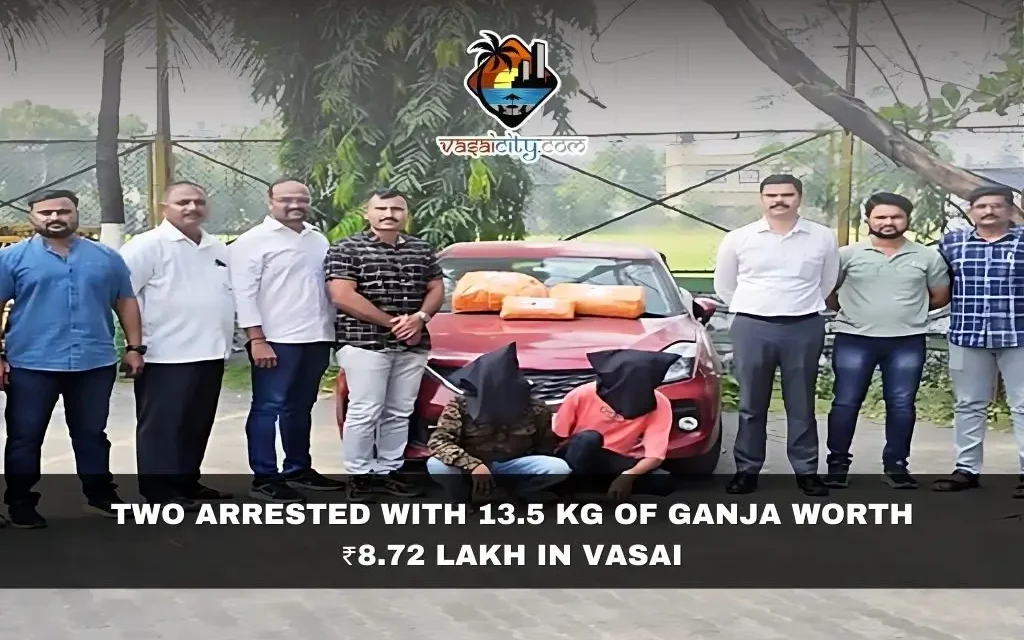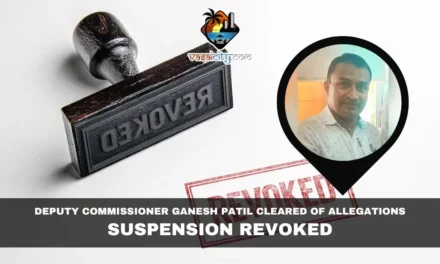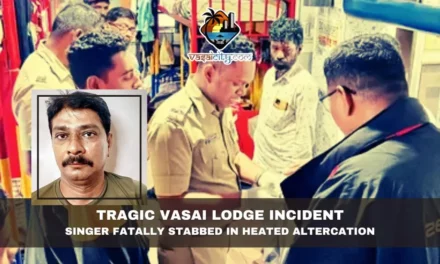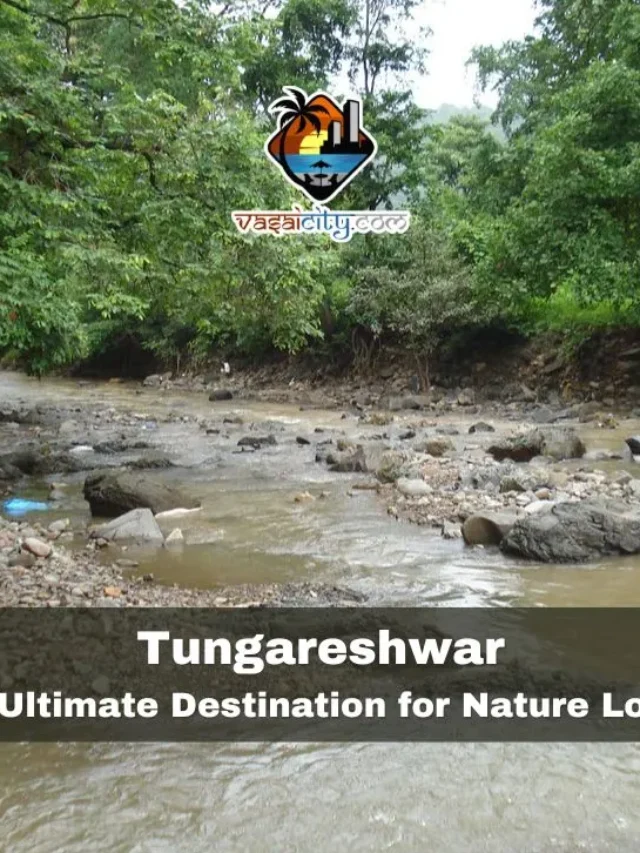In a recent bust that shines a spotlight on ongoing drug-related issues in the Vasai-Virar region, the Mira Bhayandar-Vasai Virar (MBVV) police apprehended two individuals on Saturday evening, charging them with possession of a substantial quantity of cannabis, commonly known as ganja. Acting on reliable intelligence, the MBVV Crime Branch (Zone III) was able to intercept the suspects and seize 13.5 kilograms of the drug, valued at over ₹8.72 lakh. This operation underscores the continuing vigilance of local law enforcement as they address the region’s drug trade and safeguard public safety.
The arrest was the result of a carefully planned operation led by Inspector Pramod Badhaakh, with oversight from Assistant Commissioner of Police (ACP) Madan Ballal. Following a tip-off about a potential drug transport, Inspector Badhaakh and his team swiftly organized a strategic response. According to sources, officers set up a checkpoint on the outskirts of Vasai, near a defunct petrol pump located along the highway. Their objective was to intercept a Maruti Baleno vehicle that was reportedly carrying illegal substances.
As the vehicle neared the designated location, officers moved in and halted it for inspection. The two individuals in the car, later identified as 26-year-old Santosh Ramjeet Jaiswar and 22-year-old Vikas Dhanjay Jinjute, both residents of Mankhurd in eastern Mumbai, appeared nervous as officers requested to search the vehicle. Upon inspection, officers discovered several packets of cannabis weighing a total of 13.5 kilograms, which had been hidden within the car. This discovery not only validated the tip-off but also raised questions about the source and intended destination of the drugs.
According to police estimates, the seized ganja is valued at ₹8,72,760 in the local market. This sizable amount suggests that the suspects may have been involved in large-scale distribution rather than small-time peddling. Following the seizure, both men were immediately taken into custody and escorted to the local police station. An official case was subsequently filed at the Pelhar police station under the Narcotic Drugs and Psychotropic Substances (NDPS) Act of 1985, a stringent law that regulates and prohibits drug trafficking in India.
Following the arrest, the vehicle, a Maruti Baleno, was impounded as part of the investigation. Authorities are now focusing on identifying the source of the ganja, as well as any potential buyers or accomplices in the area. This line of inquiry is crucial, as investigators believe that Jaiswar and Jinjute may not have acted alone. The MBVV police are exploring the possibility that the two suspects are part of a larger, more organized drug network operating across Mumbai and its suburbs.
Investigators are leaving no stone unturned as they delve into the backgrounds of Jaiswar and Jinjute. Early findings indicate that the two men have connections in the Mankhurd area, but police are still verifying if they have any prior criminal records, particularly related to drug trafficking. By probing deeper into their backgrounds, law enforcement officials hope to uncover whether the suspects have a history of similar activities or if this incident marks their first involvement in the drug trade.
The MBVV police are also looking into whether this recent bust could be linked to larger drug networks in the region. Organized crime syndicates and drug cartels are known to operate sophisticated drug distribution chains, often involving multiple layers to avoid detection. This bust may, therefore, represent only one segment of a more extensive supply chain. The MBVV’s Crime Branch aims to uncover if these two suspects were working under the direction of more influential figures in the drug trade, potentially leading to a series of further arrests in the future.
Local residents have expressed both relief and concern over the news of the bust. Many are grateful for the police’s efforts to keep drugs off the streets, but the discovery of such a large quantity of cannabis so close to residential areas also raises fears about drug activity in their neighborhoods. Vasai and its surrounding areas have seen increased vigilance from the MBVV police in recent years, as drug-related crimes appear to be on the rise. The authorities’ proactive stance in this case is a reminder of their commitment to curbing drug activity, but it also underscores the need for continued efforts to protect the community.
The Narcotic Drugs and Psychotropic Substances Act, under which the suspects were charged, carries severe penalties for those convicted of drug-related offenses. This legislation is designed to deter individuals from engaging in drug trafficking, with harsh sentences and fines aimed at dismantling drug networks at all levels. If Jaiswar and Jinjute are found guilty, they could face significant jail time, along with other legal consequences.
This case highlights the challenges faced by law enforcement in tackling the drug trade, particularly in regions like Vasai-Virar that are close to major urban centers like Mumbai. As drug networks become more sophisticated, the police are continually adapting their tactics to stay ahead. Technology, intelligence-gathering, and community cooperation are becoming essential tools in the fight against organized crime. Local authorities are also encouraging residents to report suspicious activities, as community involvement can often be the key to uncovering hidden criminal operations.
In the meantime, the investigation remains ongoing. The MBVV police have stated that they will continue to track down leads and gather evidence that could point to the higher-ups in the supply chain. By doing so, they aim to send a clear message to drug peddlers and potential offenders that such activities will not be tolerated in the Vasai-Virar region.
This recent bust is a significant win for the MBVV police, demonstrating their commitment to making local streets safer. While the origins and full scale of this operation are still unknown, the arrest of Jaiswar and Jinjute has undoubtedly disrupted the flow of drugs within the community, at least temporarily. For residents, this incident serves as both a reminder of the presence of drug trafficking in their area and as reassurance that the police are working diligently to protect them.













